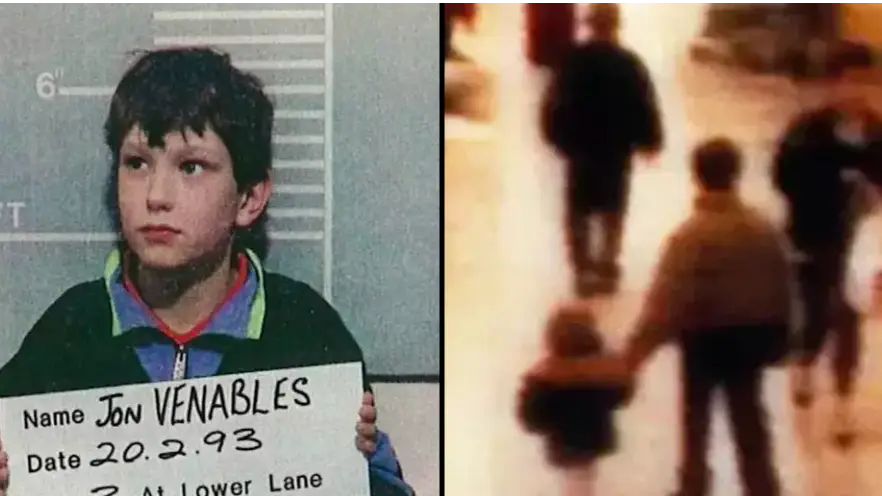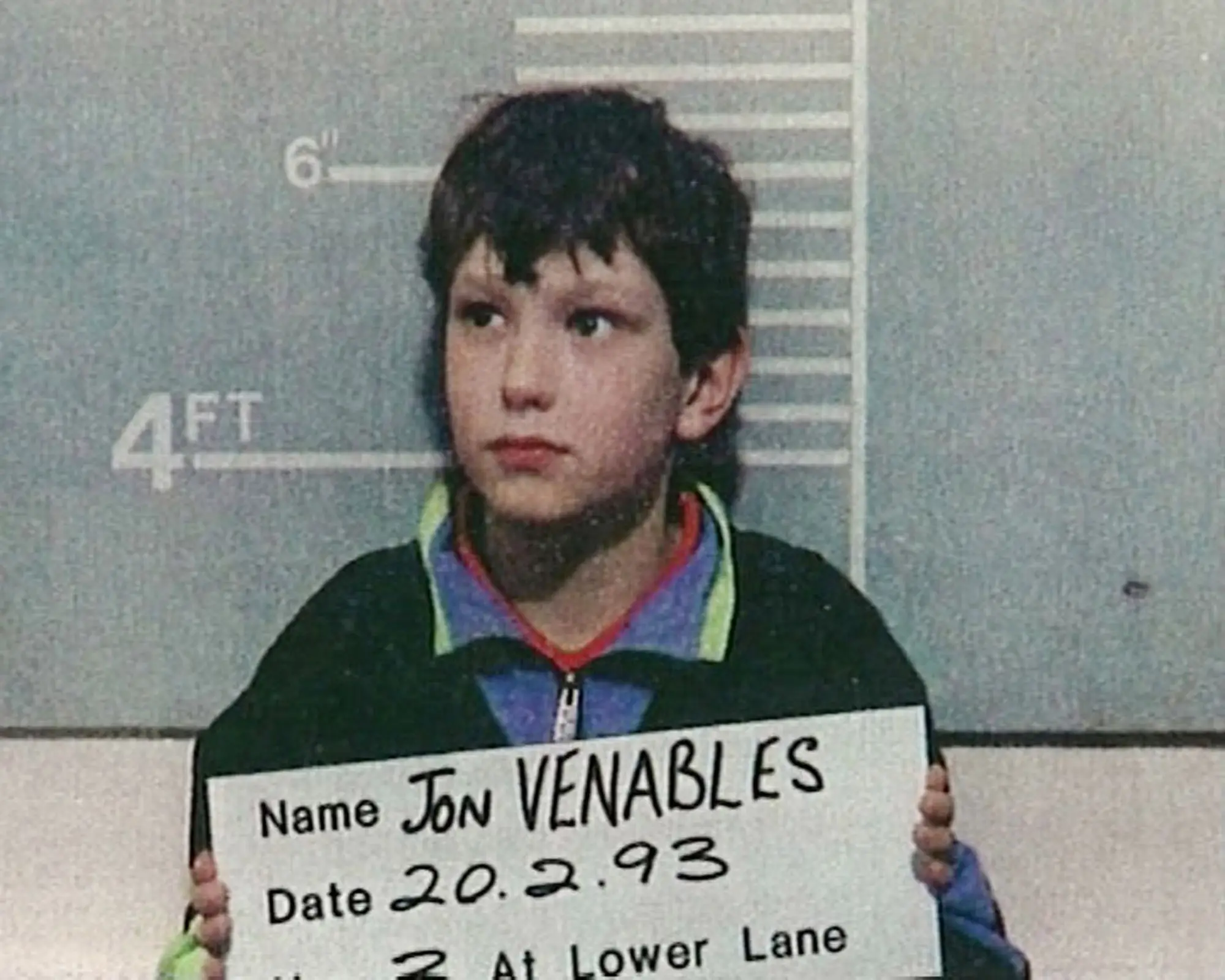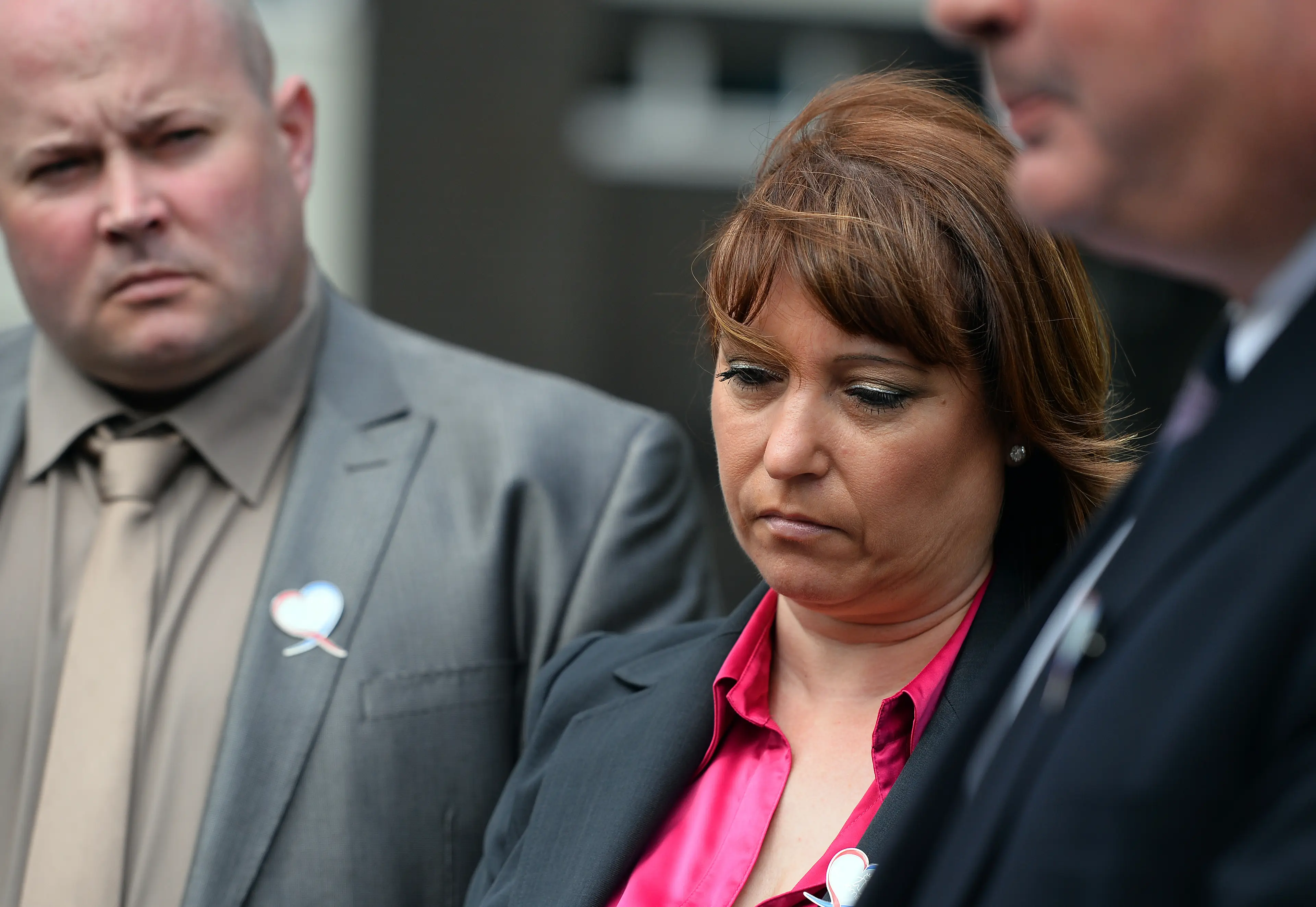
The parole hearing of Jon Venables, one of the killers of James Bulger, will be held in secret behind closed doors.
Venables is due to go before a parole hearing board before the end of the year which will determine whether he can be released from prison.
There were challenges lodged against a private parole hearing, including from Bulger's mother, with arguments that proceedings should be made public.
However, Venables has been granted a lifelong anonymity order and according to the BBC, Caroline Corby, chair of the Parole Board for England and Wales, said it must take place in private despite her 'deep sympathy' for the victims of Venables.
She said: "The Panel will need to hear about Jon Venables' past, present and future life.
"The Panel will need to question witnesses in detail, including Jon Venables, if he is willing to give evidence.

"In order to respect the injunction, substantial parts of the evidence would need to be held in private including evidence which is likely to be fundamental to the decision of the Panel.
"In circumstances where evidence which is likely to be critical to the Panel's decision cannot be heard in public, it is difficult to see how a public hearing would aid transparency or public understanding of the parole system or the decision in this case."
Venables' two-day parole hearing is scheduled for 14 and 15 November and a decision on whether prisoners will be released is typically made within 14 days.
When they were 10 years old Venables and Robert Thompson abducted, tortured and killed two-year-old James Bulger in February 1993.
Both were jailed for life, but were released on licence with new identities in 2001.
Venables was sent to prison in 2010 and 2017 for possessing indecent images of children.

His case was reviewed in 2020 but the Parole Board panel decided that he should not be released.
A spokesperson for the Parol Board said: "An oral hearing has been listed for the parole review of Jon Venables and is scheduled to take place in November 2023.
"Parole Board decisions are solely focused on what risk a prisoner could represent to the public if released and whether that risk is manageable in the community.
"A panel will carefully examine a huge range of evidence, including details of the original crime, and any evidence of behaviour change, as well as explore the harm done and impact the crime has had on the victims.
"Members read and digest hundreds of pages of evidence and reports in the lead-up to an oral hearing.
"Evidence from witnesses including probation officers, psychiatrists and psychologists, officials supervising the offender in prison, as well as victim personal statements, are then given at the hearing.
"The prisoner and witnesses are then questioned at length during the hearing, which often lasts a full day or more.
"Parole reviews are undertaken thoroughly and with extreme care. Protecting the public is our number one priority.”
If you’ve been affected by any of these issues and want to speak to someone in confidence regarding the welfare of a child, contact the NSPCC on 0808 800 5000, 8am–10pm Monday to Friday, 9am–6pm weekends. If you are a child seeking advice and support, call Childline for free on 0800 1111.
If you have experienced a bereavement and would like to speak with someone in confidence, contact Cruse Bereavement Care via their national helpline on 0808 808 1677.
Featured Image Credit: BWP Media via Getty Images